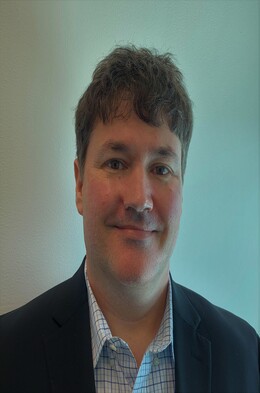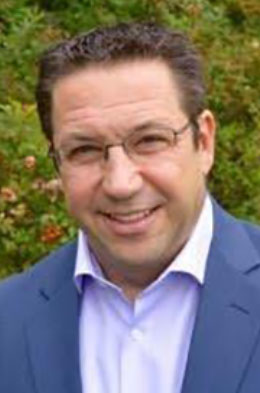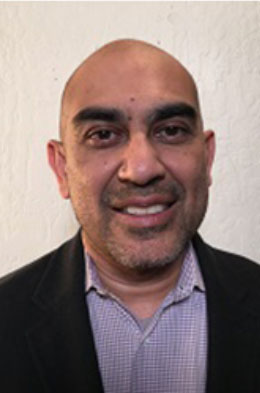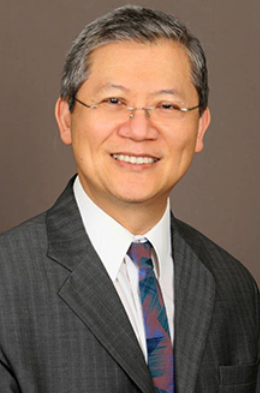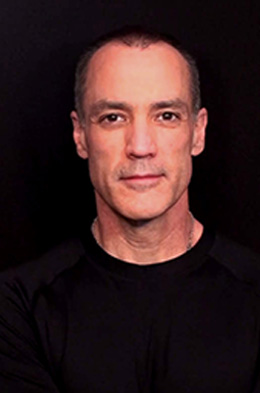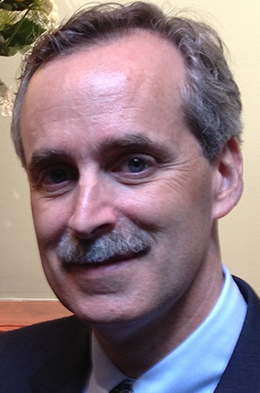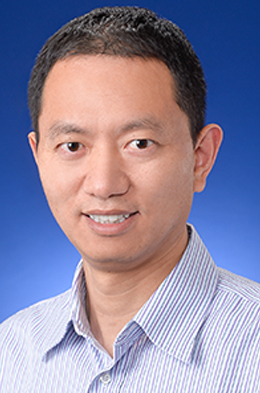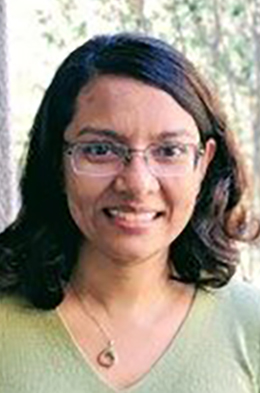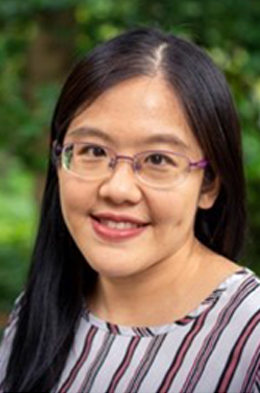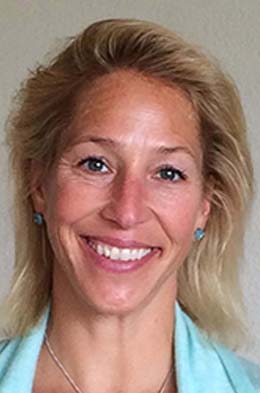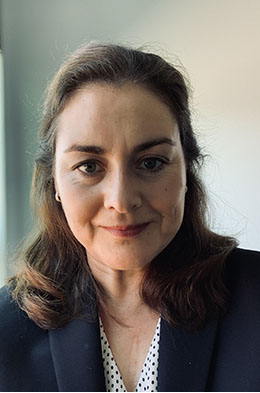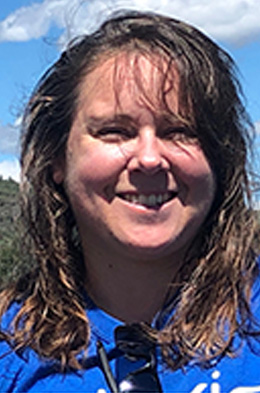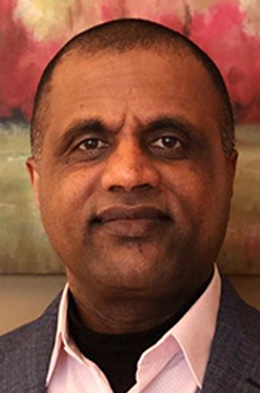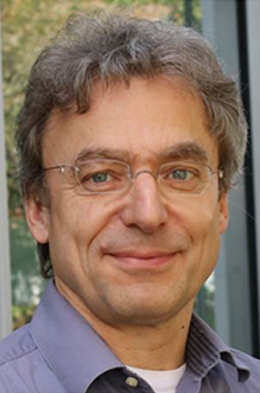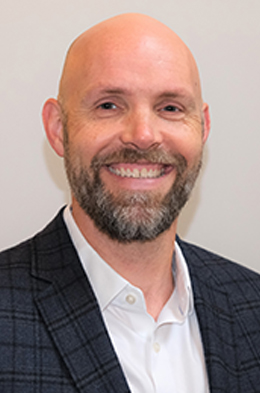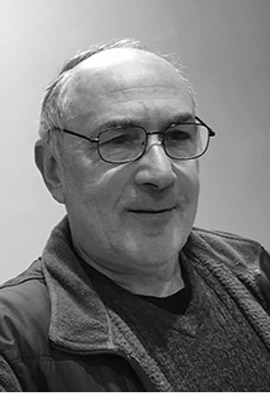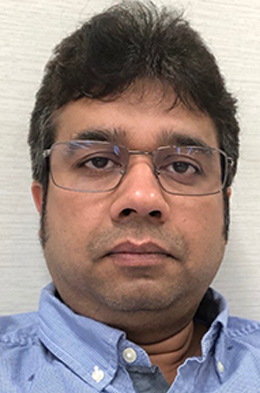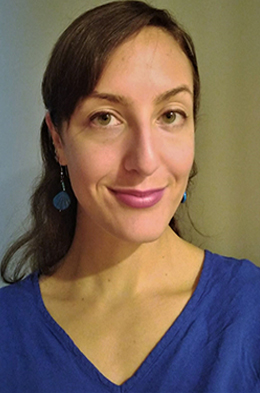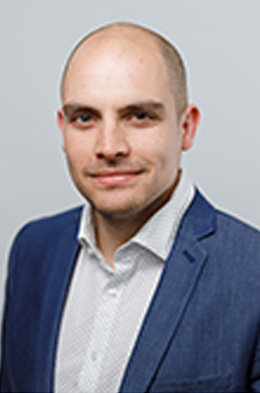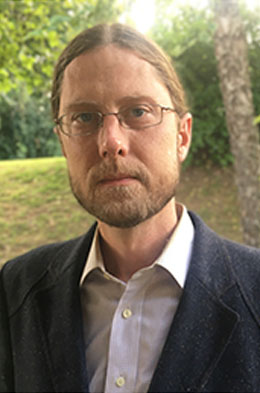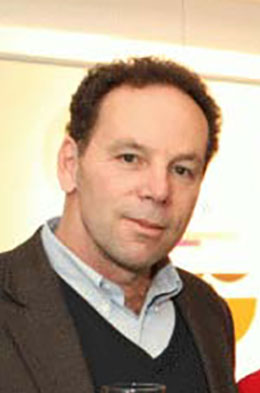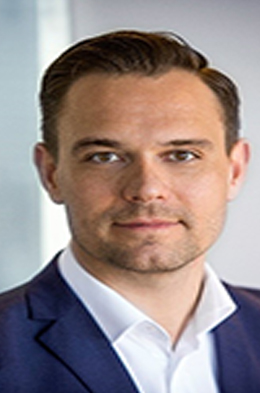John M Rossi is Vice President of Translational Medicine at Syncopation Life Sciences. John is an experienced Cell Therapy and Biotechnology leader with over 22 years of experience building robust clinical pharmacology, predictive biomarker, and correlative science processes to support oncology drug development. Most recently John was Senior Vice President of Research and Head of Translational Medicine at CERo Therapeutics. At CERo, John helped to guide Research, Process Development and Vector Sciences teams to advance preclinical initiatives. Prior to CERo, John was Senior Director and Head of Clinical Pharmacology at Kite, a Gilead Company. At Kite, John played an instrumental role in supporting global approvals of both Yescarta® and Tecartus® as well as IND approvals to advance investigational autologous T cell therapy products (KITE-363 and KITE-222). Among John’s notable achievements at Kite, he has represented the organization through numerous external scientific presentations and collaborative manuscripts with leading academic researchers in the cell therapy field. Significant scientific accomplishments include the discovery of novel metrics to characterize CAR T cells based on functionality and fitness, novel biomarker knowledge helping to elucidate CAR T-cell mechanism of action in humans, mechanistic information on CAR-related toxicities, novel insights into the biology of the tumor immune microenvironment, and the pivotal role of IL-15 in the context of CAR T-cell function. John began his tenure in clinical pharmacology and biomarker development at Amgen in 2002, leading global biomarker development for Phase III registrational trials in oncology (trebananib, AMG386), and preclinical, first-in-human and Phase II clinical trials (AMG780, AMG224 and AMG176). John has co-authored over 35 publications in the field of cell therapy and is co-inventor on 9 issued or submitted patents. John earned his Master of Science degree in Molecular Biology at Portland State University and his B.S. degree in Biology at Pitzer College in Claremont CA.




